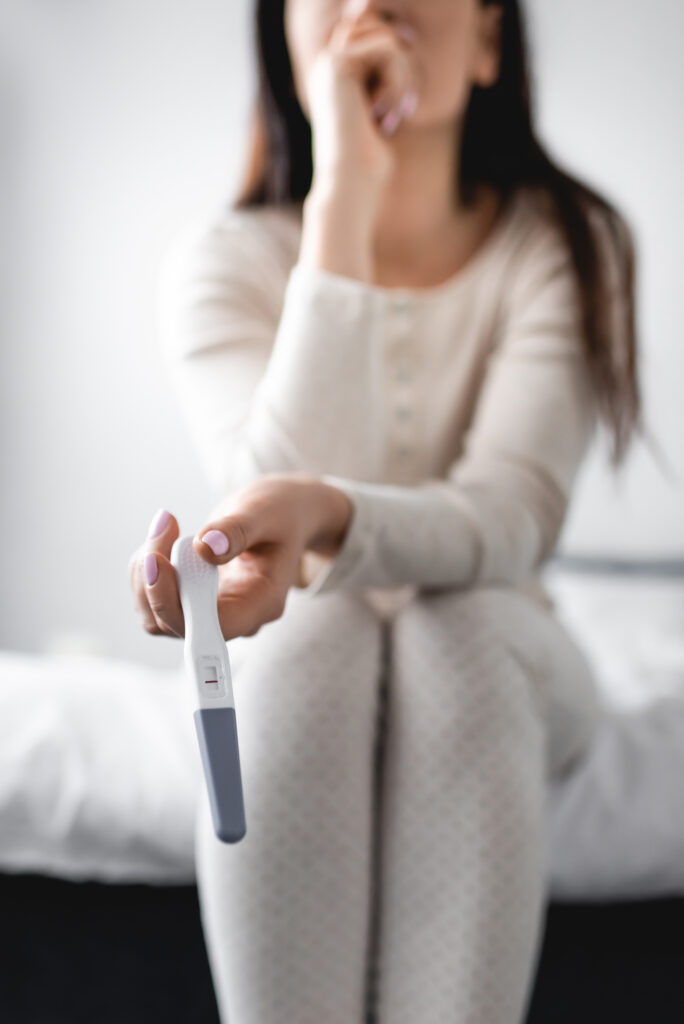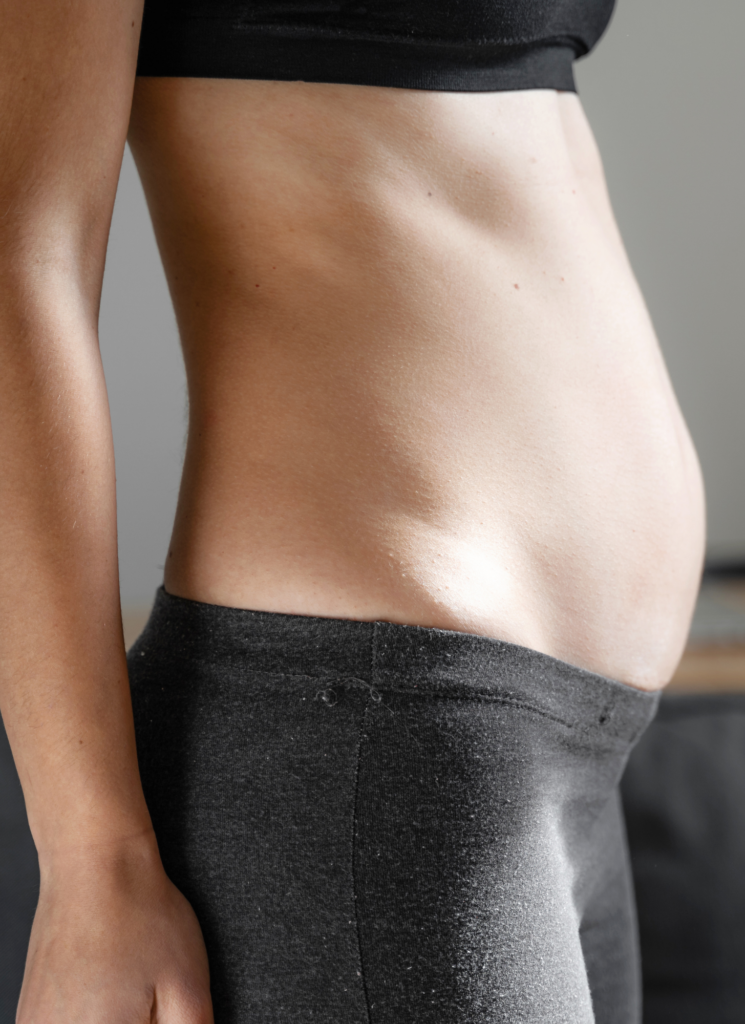
Have you ever wondered why more women than men have celiac disease? In this article, I discuss how celiac disease affects men vs. women and explain why more women present with the disorder. This post should not be construed as medical advice and contains affiliate links. Please see my disclosures.
Celiac disease is a genetic autoimmune disorder. Every time a person with celiac disease eats gluten, a protein found in wheat, barley, rye, and sometimes oats, their immune system mistakenly attacks the small intestine.
The small intestine is responsible for nutrient absorption and is the organ that “feeds” all the other organs and cells in the body.
Unfortunately, celiac disease is severely underdiagnosed, and the vast majority of the people with the condition don’t know they have it.
According to the Mayo Clinic, an estimated 1.8 million Americans have celiac disease, but only 400,000 know they have it.
While one in 100 people worldwide have celiac disease, research suggests that women constitute 60–70 percent of all cases.
Given that celiac disease affects both men and women, I wanted to know why the data suggest it disproportionately affects women.

Why Celiac Disease Rates are Higher Among Women
In this article, I offer a few possible explanations for why women are diagnosed with celiac disease at a higher rate.
(1) Women May Be Genetically Predisposed to Celiac Disease
Researchers found that both the HLA-DQ2 and HLA-DQ8 genes were more frequently found in females than males. The genes were found in 94 percent of females vs. 85 percent of males.
Interestingly, the researchers also found that men carrying the DQ2 haplotype more frequently led to a daughter’s predominance for celiac disease. This might suggest that fathers pass on the DQ2 gene to their daughters at a higher rate than mothers.
(2) Women Are More Likely to Utilize Healthcare Services
Women utilize healthcare services more than men. Women are more likely to visit a doctor annually and discuss health concerns with their doctor.
Men, on the other hand, are less likely to utilize health care services and seek out preventative care visits, according to this study.
Because women seek more medical attention, it may explain why women are not only more likely to be diagnosed with celiac disease but also why research suggests they’re diagnosed with celiac disease four years earlier than their male counterparts.
(3) Women Seek Guidance on Reproductive Issues
Women also seek medical advice when they experience menstrual irregularities, fertility issues, and adverse pregnancy outcomes.
Researchers found the prevalence of celiac disease as high as 4–8 percent in women with unexplained infertility.
Another study found that, before the diagnosis of celiac disease, women experienced an increased risk of adverse pregnancy outcomes, including infertility and miscarriages.
Women with fertility issues are more likely to be screened for celiac disease as a root cause, and increased screening can naturally lead to a higher diagnosis rate.

(4) Pregnancy Can Impact a Women’s Microbiome
Pregnancy can change and affect a woman’s gut flora, which can lead to intestinal permeability (aka, leaky gut). One study found intestinal permeability increased with the progression of pregnancy in some women.
In women genetically predisposed to celiac disease, intestinal permeability can trigger the celiac genes to activate. Anecdotally, many women say their celiac-related symptoms began during or post-pregnancy. (Read: What Causes Celiac Disease and Can It Be Prevented?)
How Celiac Symptoms Differ in Men vs. Women
While I found it fascinating that women were more genetically predisposed to celiac disease and are more likely to get screened for the disorder than their male counterparts, I also was curious if celiac disease symptoms presented differently in women vs. men.
Studies suggest that women with undiagnosed celiac disease are more likely to present with constipation, iron deficiency anemia, depression, abdominal distention or bloating, osteoporosis, and fibromyalgia.
Women are also more likely to experience concurrent autoimmune diseases, such as hypothyroidism.

On the other hand, researchers say men are more likely to experience elevated liver enzymes, weight loss or low weight, dyspepsia (uncomfortable feeling in the upper middle part of the stomach), and dermatitis herpetiformis.
One study found men experienced a higher prevalence of silent celiac disease (6% vs. 3%), a form of celiac disease in which a person has no overt symptoms. Other research suggests no statistical difference between genders and silent celiac disease.
The Bottom Line
While celiac disease affects both men and women, women are 2-3 times more likely to be diagnosed with the genetic autoimmune disorder.
Of course, individual cases may vary, and this article offers insights based on ever-changing research. Of course, men can experience severe bloating symptoms, and women can experience weight loss.
There are hundreds of possible celiac disease symptoms. Anyone experiencing changes in their gastrointestinal health, such as diarrhea, constipation, abdominal pain, or non-classical symptoms like joint pain, fibromyalgia, bone density issues, fatigue, weight loss, migraines, skin conditions, etc., should speak with their healthcare provider about getting screened for celiac disease or consider taking an at-home celiac disease screening test and discussing the results with their doctor.
And be sure to heed this advice: Do not go gluten-free until a doctor has ruled out celiac disease.
A person must be eating gluten for a celiac disease test to be accurate. Read STOP! Don’t Go Gluten-Free Until You Read This Article to learn more.
Related Articles
- 10 Tips to Getting Started on a Gluten-Free Diet
- 10 Signs and Symptoms of Celiac Disease
- Genetic Testing for Celiac Disease
- Leaky Gut and the Gluten Connection
- What to Expect When Getting Tested for Celiac Disease (Blood Test and Endoscopy)
- What is Celiac Disease?
- What is Silent Celiac Disease?
- What Happens If You Eat Gluten When You Have Celiac Disease?
Men do not like to admit illness so I think this article is untrue. I met many men with cd